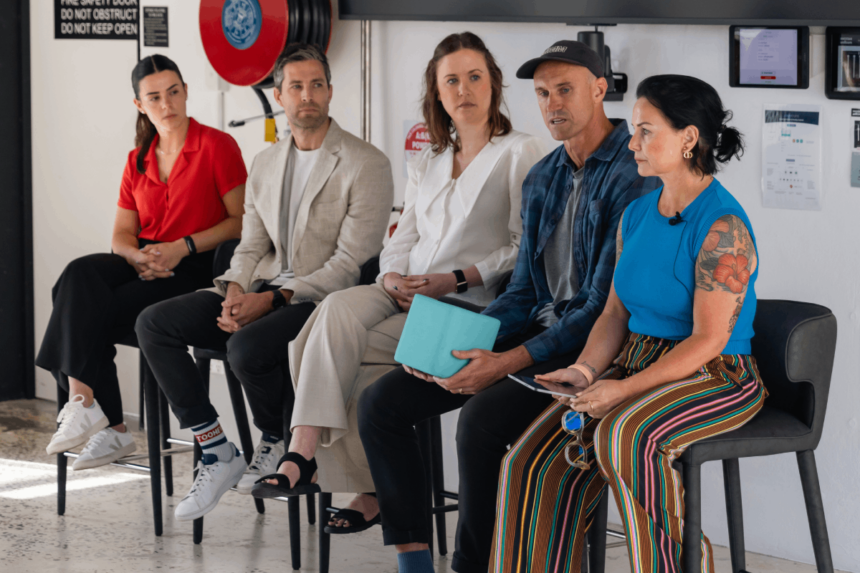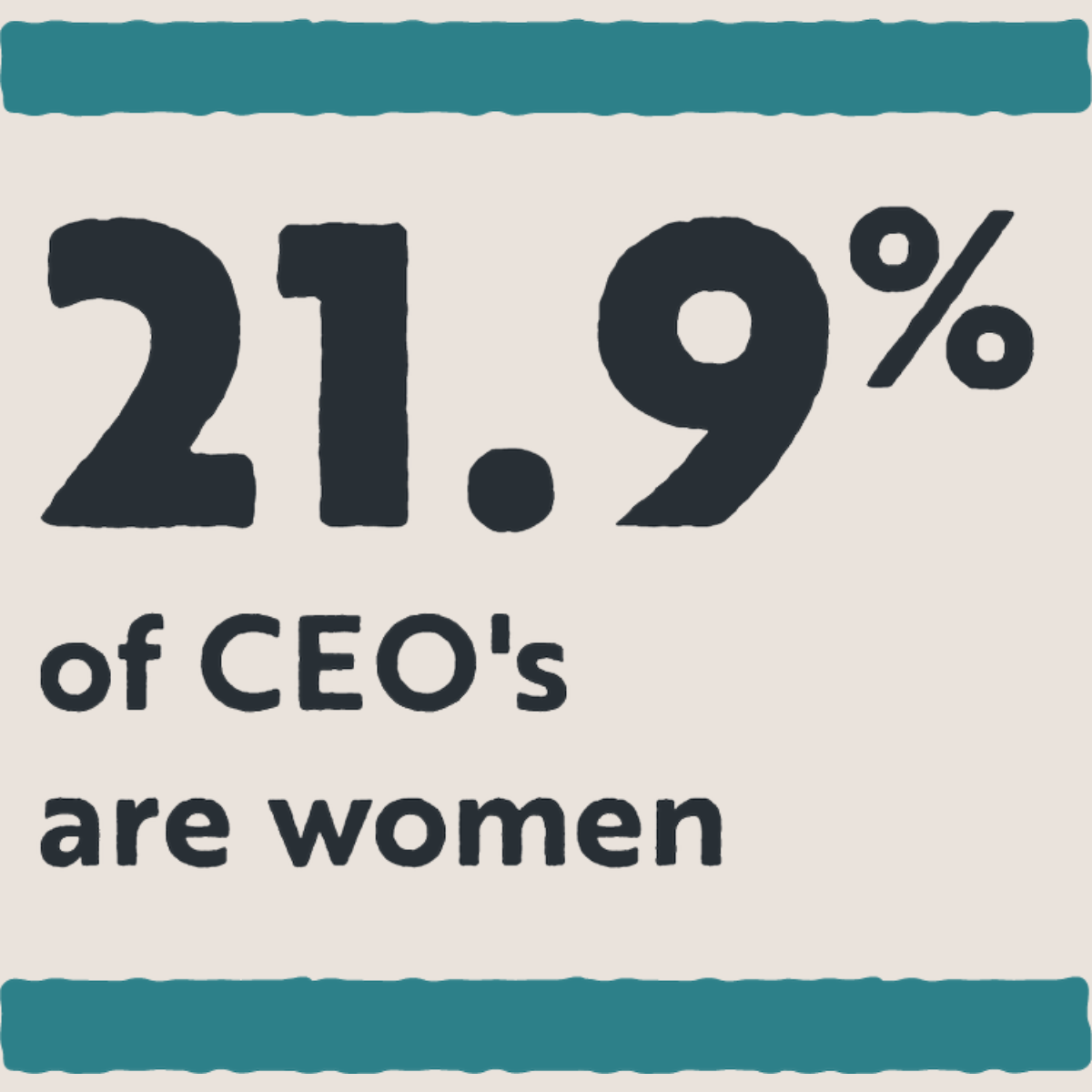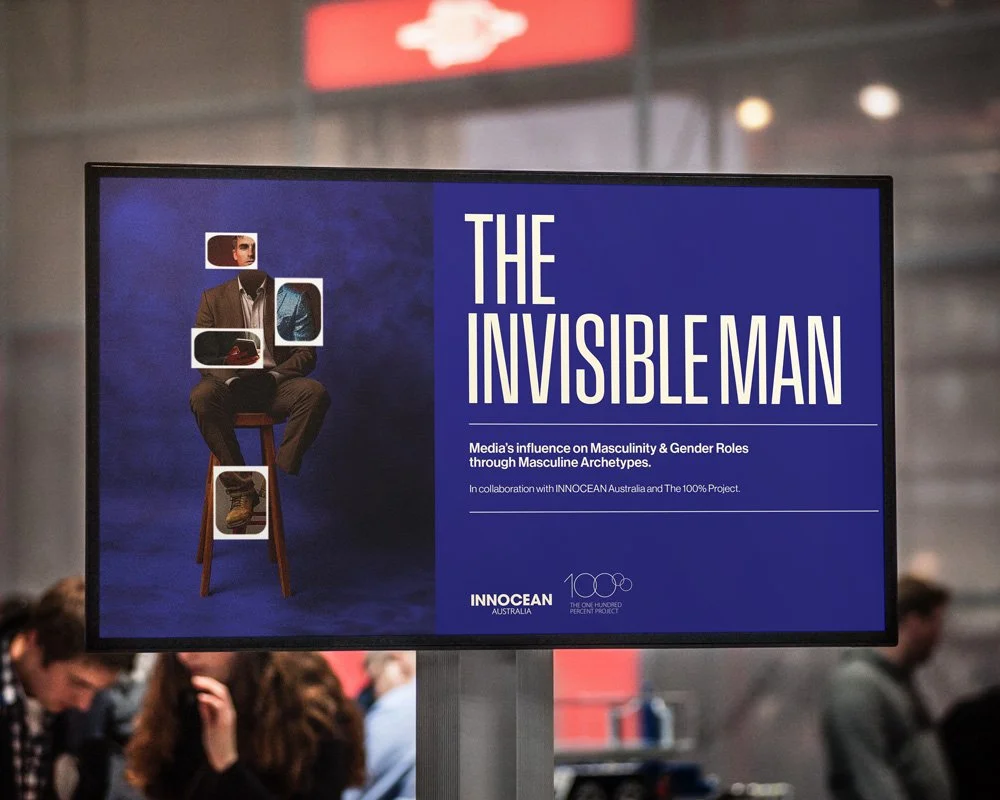Driving Gender Equality in Leadership Across Australia
We equip leaders and organisations with the tools and evidence they need to understand gender inequity, shift mindsets, and drive meaningful change from within. Our research is not only rigorous, it is practical, designed to empower those in positions of influence to act.
OUR PURPOSE
Inclusive leadership benefits everyone
We exist to accelerate gender-balanced leadership in Australia because inclusive leadership leads to better decisions, stronger economies and a fairer future. Our evidence-led research equips leaders and organisations to understand inequity, shift mindsets and take meaningful action.
These are the current statistics in Australia today for workplace equality based on WGEA data Sep 2025.
Latest Statistics
FEATURED RESEARCH
The Invisible Man: Media’s Influence on Masculinity & Gender Roles through Masculine Archetypes
Our latest research highlights the disconnect between the version of masculinity portrayed by advertisers and the reality of the modern Australian man.
Driving Gender Balance in Leadership
▶▶▶
Driving Gender Balance in Leadership ▶▶▶
OUR WHITEPAPERS
A trusted voice in Gender Equity research
For more than 15 years, we’ve influenced policy, informed leadership strategies and shaped national conversations on workplace equality through research.
COLLABORATE WITH US
We collaborate with organisations across corporate, government, academic and not-for-profit sectors to co-design research, share insights and influence systemic change. Together, we can create evidence-led strategies that improve workplace culture and leadership equity.
Partner with us to drive change
“We believe that it is our responsibility to redefine aspirational culture for future generations. With the current discourse around masculinity and DE&I, it is our job as an industry to ensure that media and marketing reflect the evolving role of masculinity in modern society, for the better.”
DIVERSITY OF THOUGHT BLOG
Our Board and research community share perspectives on leadership, workplace culture and gender equity. Each piece is designed to spark conversation, shift thinking and connect research to action.
Insights that challenge and inspire
FOLLOW US
Join the conversation on Instagram, Facebook and Linkedin
NEWSLETTER
Sign up to receive research and event updates, thought leadership and opportunities to collaborate.




















